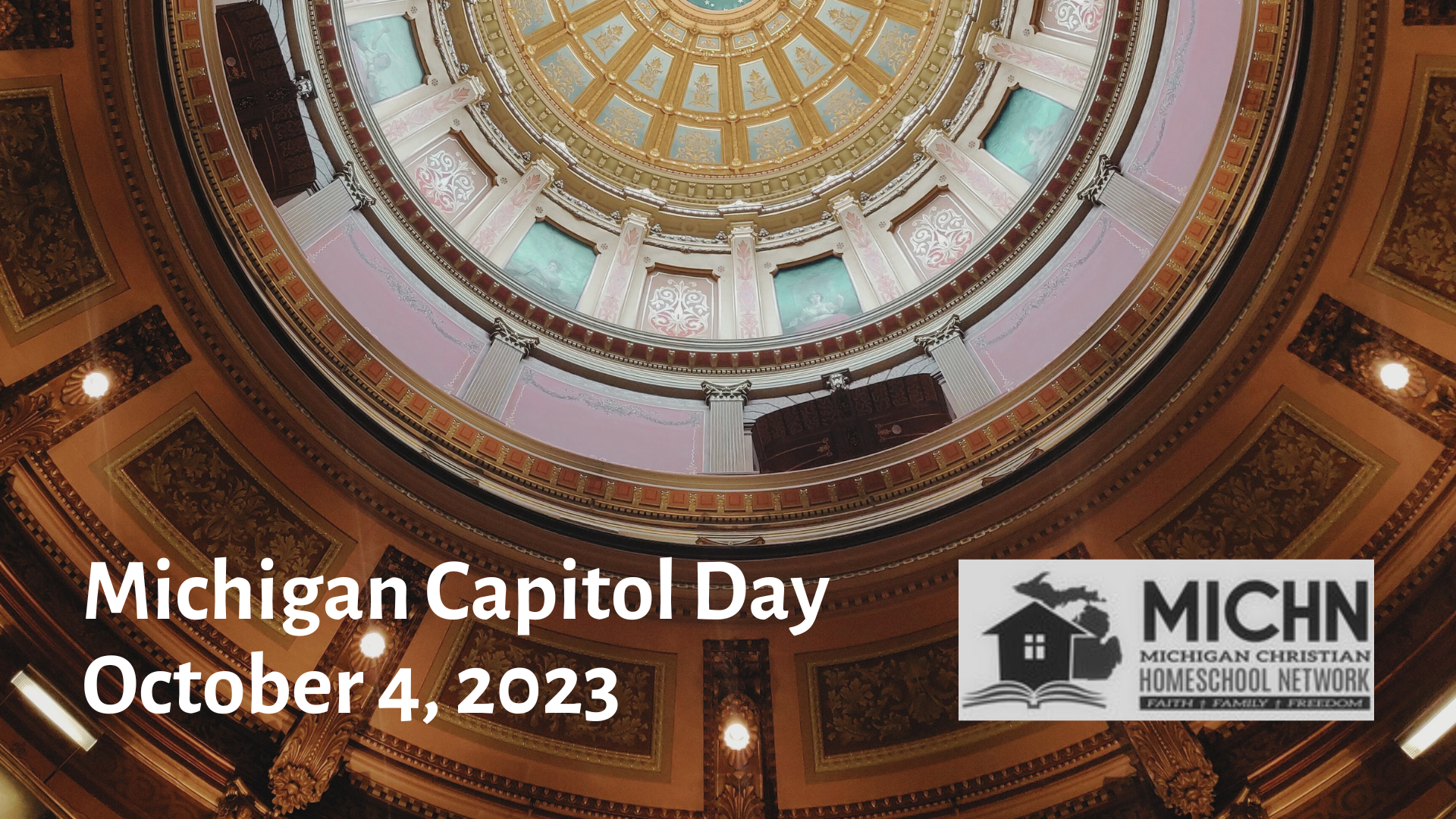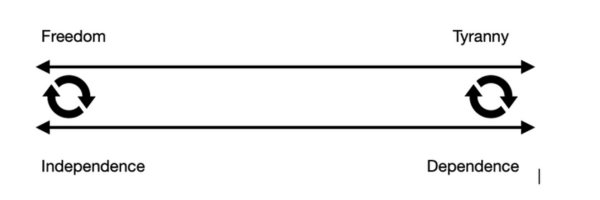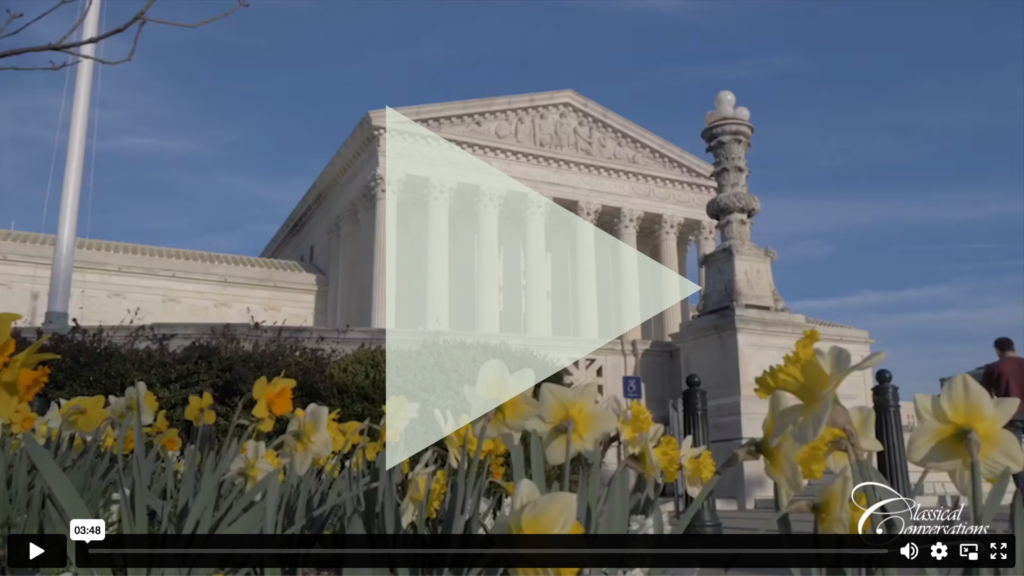By Lauren Gideon
If you have ever cooked for children, especially multiple children, there is a chance you have experienced the picky eater. They don’t like tacos, or burgers, or casseroles, or pasta. They don’t like salad, or vegetables, or rice, or meat. Even if you’re the tough parent who doesn’t accommodate the picky eater, eventually, we’re all tempted to throw up our hands and shout, “So what DO you like?!?!?”
The topic de jour in the sphere of education is school choice. What is “school choice”? While it goes by many names, the concept is all the same: it is taxpayer-funded education—or, in its simplest, most direct terminology, education welfare. The only conversation that seems to be tolerated on the policy debate stage at this moment is, “Which flavor of education welfare do you prefer?”
At this moment, different states have chosen a variety of flavors. ESAs, EFAs, and vouchers are among the most popular. Consequently, if you have concerns about this type of wealth redistribution (or market capture), the conversation can sound like the complaints of a picky child. “I don’t like ESAs, or vouchers, or EFAs.” And those caught in the middle who genuinely want to be part of the solution are throwing up their hands and asking, “Well, what DO you like?”
Choose Independence
The time has come to clearly define what we are FOR instead of listing off the ideas we oppose.
In a single word, we choose independence.
In this spirit, Leigh Bortins and a room full of passionate education enthusiasts did the philosophical work of drawing up a positive vision of what our target ought to be. Without that clear vision, we can lose our bearings in these national and global conversations. With this Declaration of Educational Independence, we can bring the conversation back to its premises.
To whom do children belong? To whom does education belong? How do we protect these boundaries of ownership (private property) and responsibilities? Because, after all, we believe that:
“…all men are created equal, that they are endowed by their Creator with certain unalienable Rights, that among these are Life, Liberty and the pursuit of Happiness. –That to secure these rights, Governments are instituted among Men, deriving their just powers from the consent of the governed, –That whenever any Form of Government becomes destructive of these ends, it is the Right of the People to alter or to abolish it, and to institute new Government, laying its foundation on such principles and organizing its powers in such form, as to them shall seem most likely to effect their Safety and Happiness. Prudence, indeed, will dictate that Governments long established should not be changed for light and transient causes; and accordingly all experience hath shewn, that mankind are more disposed to suffer, while evils are sufferable, than to right themselves by abolishing the forms to which they are accustomed. But when a long train of abuses and usurpations, pursuing invariably the same Object evinces a design to reduce them under absolute Despotism, it is their right, it is their duty, to throw off such Government, and to provide new Guards for their future security.”
To read the Declaration of Educational Freedom, click here.

Lauren Gideon is the Manager of Grassroots Advocacy for Classical Conversations. She co-leads and teaches through an organization committed to raising citizenship IQ on U.S. founding documents. She and her husband homeschool their seven children on their small acreage, where they are enjoying their new adventures in homesteading.





















